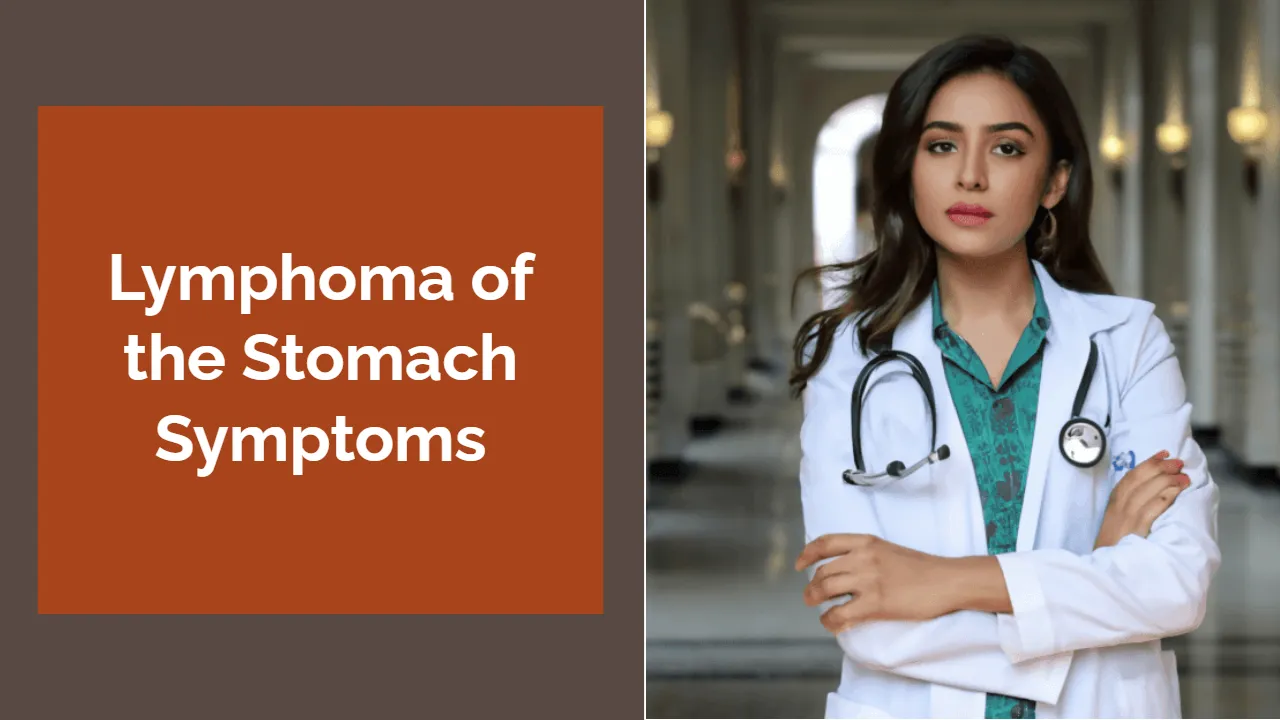Understanding Lymphoma of the Stomach: Symptoms and Awareness
Lymphoma of the stomach, also known as gastric lymphoma, is a rare type of cancer that begins in the lymphatic tissue of the stomach. Although it is not as common as other forms of stomach cancer, recognizing its symptoms is crucial, especially for people in India, where early detection can significantly improve treatment outcomes.
What is Lymphoma of the Stomach?
Lymphoma is a type of cancer that affects the lymphatic system, a crucial part of the body’s immune system. The stomach, primarily known for its role in digestion, contains lymphatic tissues that can develop lymphoma. While less common than adenocarcinoma (the most frequent stomach cancer), gastric lymphoma requires serious attention due to its potential severity.
Symptoms of Lymphoma of the Stomach
Recognizing the symptoms of gastric lymphoma is essential for early diagnosis and treatment. Here are the main symptoms to be aware of:
1. Abdominal Pain and Discomfort
Persistent abdominal pain or discomfort is one of the most common symptoms. This pain is often vague and can be mistaken for less serious conditions like indigestion or gastritis. However, if the pain is ongoing and does not improve with standard treatments, it is important to see a doctor.
2. Nausea and Vomiting
Frequent nausea and vomiting can also be signs of lymphoma of the stomach. These symptoms occur as the cancer affects the stomach’s normal functions. In some cases, vomiting may include blood, which is an urgent signal to seek medical attention.
3. Unexplained Weight Loss
Another significant symptom is sudden, unexplained weight loss. As the cancer progresses, it can interfere with nutrient absorption, leading to weight loss. Rapid weight loss without changes in diet or exercise should prompt a visit to a healthcare provider.
4. Loss of Appetite
A noticeable reduction in appetite, sometimes accompanied by an early feeling of fullness when eating, can indicate gastric lymphoma. Cancer presence can affect the stomach’s capacity and its ability to process food.
5. Fatigue and Weakness
Cancer impacts the body’s overall energy levels, causing fatigue and weakness. While this symptom is non-specific, it can be an important indicator when combined with other symptoms of lymphoma of the stomach.
6. Swelling and Pain in Lymph Nodes
Lymphoma can cause swelling and pain in the lymph nodes, particularly those near the stomach. If you experience abdominal swelling or notice lumps, it is crucial to get them evaluated by a healthcare professional.
When to See a Doctor
If you experience any of these symptoms, especially if they occur together, it is important to consult a healthcare provider promptly. Early detection of gastric lymphoma can greatly enhance the effectiveness of treatment and improve prognosis.
Diagnosis and Treatment
Diagnosing lymphoma of the stomach typically involves a combination of endoscopic examinations, biopsies, imaging tests (such as CT scans or PET scans), and blood tests. Treatment options may include chemotherapy, radiation therapy, targeted therapy, and sometimes surgery. The specific treatment plan depends on the lymphoma’s stage and type and the patient’s overall health.
Importance of Awareness and Early Detection
Raising awareness about the symptoms of gastric lymphoma is critical, particularly in regions like India, where healthcare access and awareness might be limited. Early detection and prompt treatment are key to effectively managing this disease. Public health initiatives and education can play a significant role in improving early diagnosis rates and patient outcomes.
Conclusion
Lymphoma of the stomach, though less common than other stomach cancers, is a serious condition requiring immediate attention. By understanding its symptoms and seeking early medical advice, individuals can greatly enhance their chances of effective treatment and better health outcomes. Awareness and education are vital in helping more people recognize the signs early and take necessary steps toward diagnosis and treatment.
If you or someone you know is experiencing symptoms related to gastric lymphoma, do not hesitate to seek medical consultation. Early detection saves lives, and informed action is the first step toward recovery.



